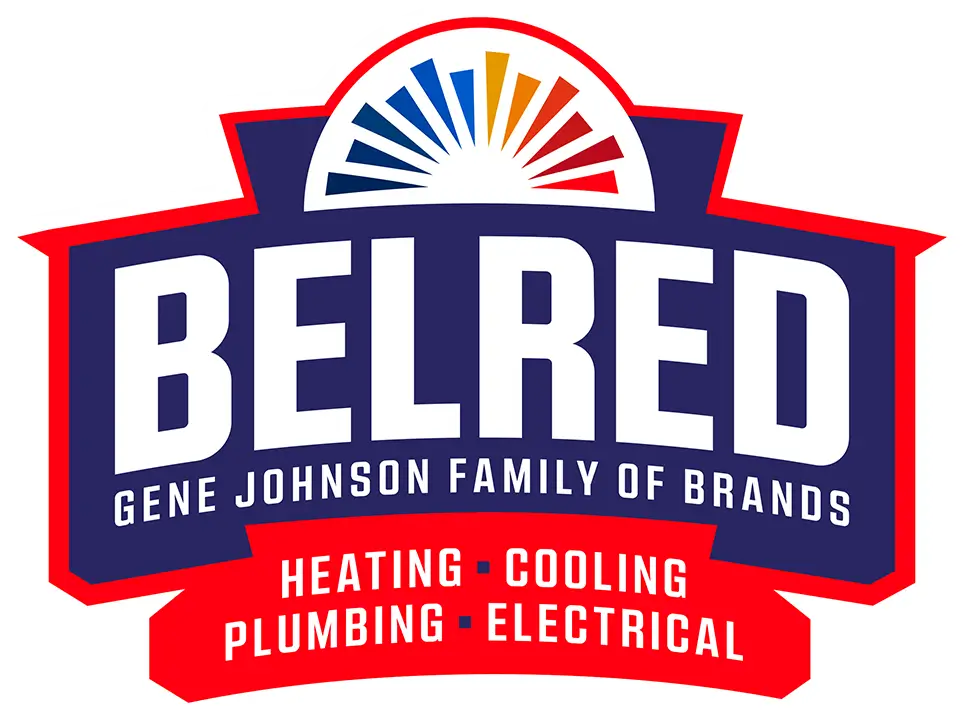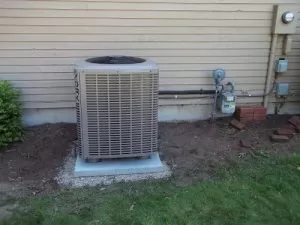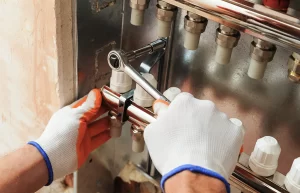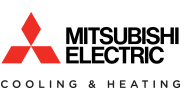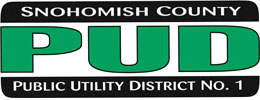Regardless of the size, location, condition or age of your home, there is one thing that remains most important to its improvement and maintenance—safety. Maximizing home energy efficiency is a common goal for homeowners. However, safety is far too often overlooked. Whether you are making improvements to your home or doing regular maintenance checks, it’s important to always keep certain safety precautions in mind. We’ve developed a few tips to keep in mind when it comes to home energy safety. If you need help checking or ensuring any of the items below, don’t hesitate to contact our team.
1. Dealing with mold & asbestos in your home. Black mold and asbestos can be extremely dangerous to the wellbeing of your family. Asbestos is a mineral that’s been used in countless products over the years – from wallboard and insulation to small appliances – to take advantage of its sound, fire and thermal-resistance properties. It happens that this mineral is extremely harmful to humans, potentially causing severe respiratory and nervous system damage. While the danger is minimal if it is not disturbed, if you are making home improvements to walls or ceilings, or to insulation, be sure to have the existing structure checked for asbestos. Black mold can have similarly dangerous effects on you or your family. Mold in the home is often cause by poor insulation, poor construction or lack of air flow and ventilation that causes excessive moisture. If you see mold (especially black in color), be sure to seek professional help to address it right away.
2. Prevent excessive dust & allergens in the home. If dust and allergens are floating around the air in your home, the chance of respiratory issues, especially to those with preexisting allergies, is very high. Dust and allergens can be harmful to one’s lungs and cause potentially severe breathing issues for you or your family. With poor ventilation, your home’s indoor air quality can decrease significantly. Proper installation and maintenance of your home’s ventilation system can keep air quality high indoors.
3. Always keep window safety in mind. Windows are a source of heat containment in the winter and can be a natural way to cool and ventilate the house in the summer months. It’s important to keep in mind some common window safety throughout the house. Always make sure you have properly installed windows with safety features built in – especially if you have children. When opening windows, make sure the windows you choose to open are out of reach for your children and ensure there’s no furniture that places the window “within climbing distance.” Always be sure the windows in your home fall within building code and have proper guards.
4. Avoid excessive exposure and contact with insulation. Contact with insulation (specifically fiberglass insulation) can cause red and itchy skin, which can be an annoying problem. Some experts even fear that excessive exposure to fiberglass insulation can cause severe respiratory issues or even cancer. It’s always best to ensure your insulation is properly covered and out of direct lines of exposure for you and your family.
5. Protect against Carbon Monoxide poisoning. Improper maintenance of gas appliances can lead to potentially dangerous levels of carbon Monoxide entering your home’s air. Back-drafting of flue gasses can also occur when harmful exhaust from your water heater or furnace get brought into your house instead of being safely vented outside. Have your gas appliances professionally maintained and inspected annually to ensure your health and safety. As an additional precaution against harmful carbon monoxide, always make sure your carbon monoxide detector is in proper working order and has working batteries.
These are just a few of the many safety precautions that homeowners should be mindful of when maintaining or improving their homes. Contact us today to learn more.
